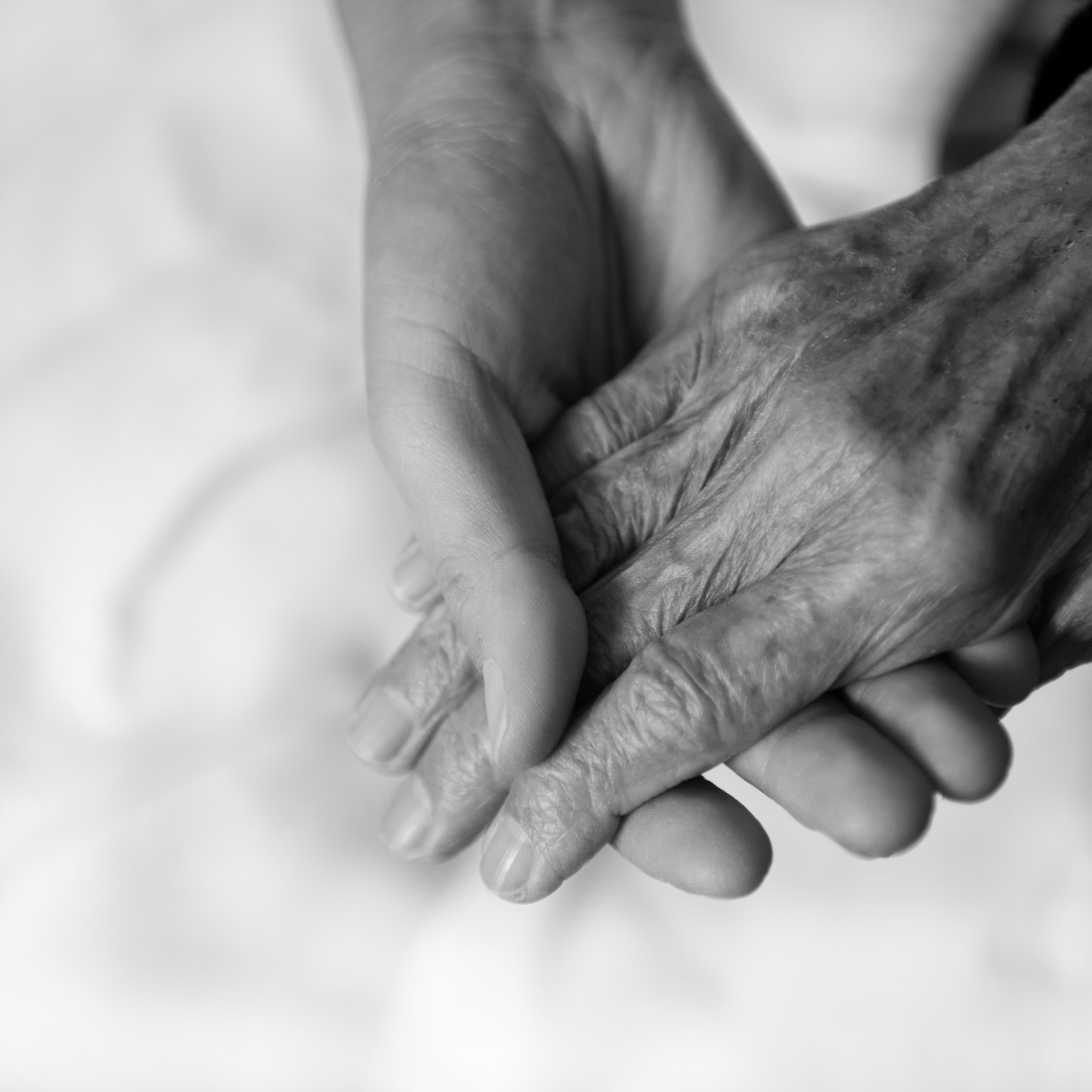The Caregiver’s Bill of Rights
 Being a caregiver can be a full time job, and caregivers often put their own needs or feelings aside while providing physical and emotional care for their loved one. In times of stress, it can be helpful to remember that taking care of yourself is an important part of being a caregiver. In recognition of National Family Caregivers Month, Alyson Erardy, an oncology social worker and moderator of our young adult caregiver online support group, explores the Caregiver’s Bill of Rights and how it can help caregivers while supporting a loved one in need.
Being a caregiver can be a full time job, and caregivers often put their own needs or feelings aside while providing physical and emotional care for their loved one. In times of stress, it can be helpful to remember that taking care of yourself is an important part of being a caregiver. In recognition of National Family Caregivers Month, Alyson Erardy, an oncology social worker and moderator of our young adult caregiver online support group, explores the Caregiver’s Bill of Rights and how it can help caregivers while supporting a loved one in need.
When a loved one is diagnosed with cancer, it can seem like the whole world stops: suddenly, everything revolves around treatment decisions and day-to-day care, and the future feels uncertain. Many caregivers pour all their energy into scheduling appointments, arranging transportation, reviewing bills, speaking to insurance companies, handling household tasks and much more.
As caregivers shoulder more responsibilities, they may neglect their own needs, often at the expense of their physical and mental health. It’s common for caregiving responsibilities to become a carer’s #1 priority—and, of course, no one would want to be doing anything besides helping their loved one. However, as “I can get to myself later” becomes a repeated mantra, “later” may come much later than intended, or it may never come at all.
As the name implies, the Caregiver’s Bill of Rights (originally shared by Jo Horne in Caregiving: Helping an Aging Loved One) outlines individual rights belonging to those caring for a loved one, such as the right to take care of yourself, the right to seek help and the right to protect your individuality. These rights seem simple, but every time I share this list with my group members, the response is immense. It normalizes their struggles and validates the guilt or other emotions they may be feeling. The Caregiver’s Bill of Rights serves as an important reminder to caregivers that it’s okay—and even encouraged—to pursue personal interests, take breaks and care for themselves in the same way they’re caring for their loved one.
 The Caregiver’s Bill of Rights isn’t a checklist, but rather an ongoing reminder: a person may struggle to set boundaries for five rights or maybe only two. Areas of concern may change over time, and there may be some issues that never come into play at all. Everyone’s experience is vastly different, and this list offers caregivers the opportunity to give themselves more credit, alleviate guilt or negative feelings and ultimately help them be a better caregiver for their loved one.
The Caregiver’s Bill of Rights isn’t a checklist, but rather an ongoing reminder: a person may struggle to set boundaries for five rights or maybe only two. Areas of concern may change over time, and there may be some issues that never come into play at all. Everyone’s experience is vastly different, and this list offers caregivers the opportunity to give themselves more credit, alleviate guilt or negative feelings and ultimately help them be a better caregiver for their loved one.
Some struggle with self-care because it doesn’t always seem important compared to their loved one’s experience: I hear people say, “I don’t have cancer, so I shouldn’t be complaining,” or “I’m exhausted, but they’re the one actually going through treatment.” In the face of these comments, I remind caregivers that coping with a cancer diagnosis is difficult by any measure for both patients and caregivers. It’s unrealistic to think a person wouldn’t need, want or deserve to take a break.
I frequently use a hat metaphor when talking about roles: every day, I wear a social worker hat, a daughter hat, an employee hat, a friend hat—the list goes on. People may not expect to put on a caregiver hat in life, and it’s never the only hat they’re wearing. For some people, it can be helpful to write out all caregiving responsibilities and existing, ongoing responsibilities, like studying for exams, maintaining a job or caring for children. Seeing a comprehensive list can help a person realize how much they’re doing and accomplishing each day. However, if making a list seems overwhelming, that’s completely normal. It simply means a list is not the right way for you to recognize all your tasks. Find other ways to give yourself credit and remind yourself that you are doing everything you can to help your loved one.
One of my favorite reminders for caregivers is to put your oxygen mask on yourself before helping others. If a person isn’t taking care of themselves by getting adequate sleep, nutrition and hydration, staying physically active, taking medications and going to regularly scheduled check-ups, they can’t expect to care for their loved one in the way they want to. We have to stay at 100% so we can give 100%—and remember that “100%” won’t always look or feel the same.
Each day is going to be different, and that’s okay. If you need help, ask for help. Your family, friends, medical team and organizations like CancerCare are here to support you. Whether you’re in one of our groups, receiving individual counseling or reading this blog post, my message for caregivers is this: in caring for your loved one, please know that you are doing everything you can and the best you can. That’s all you need to do.
CancerCare’s Young Adult Caregiver Online Support Group, moderated by Alyson, is still open to new members for the current fall cycle. View all of our caregiver support resources.
